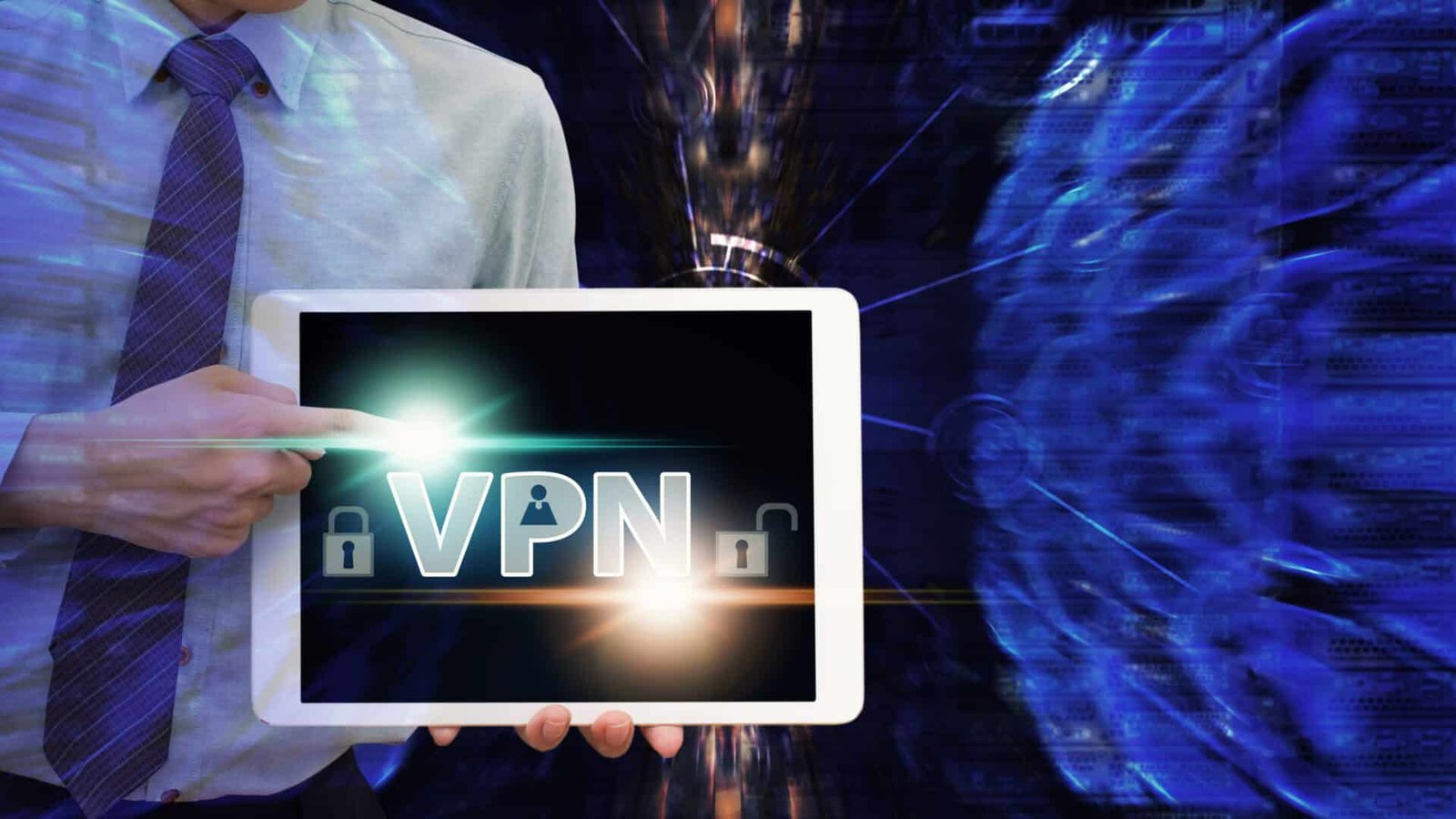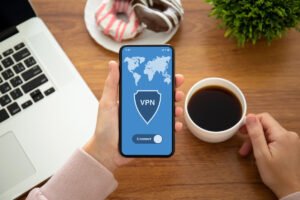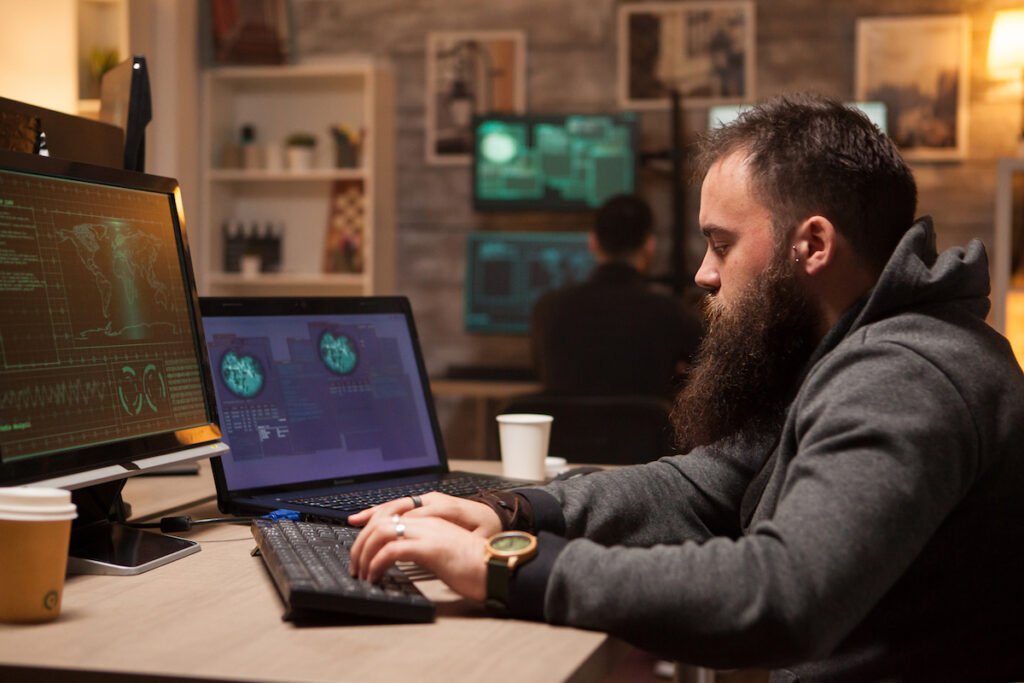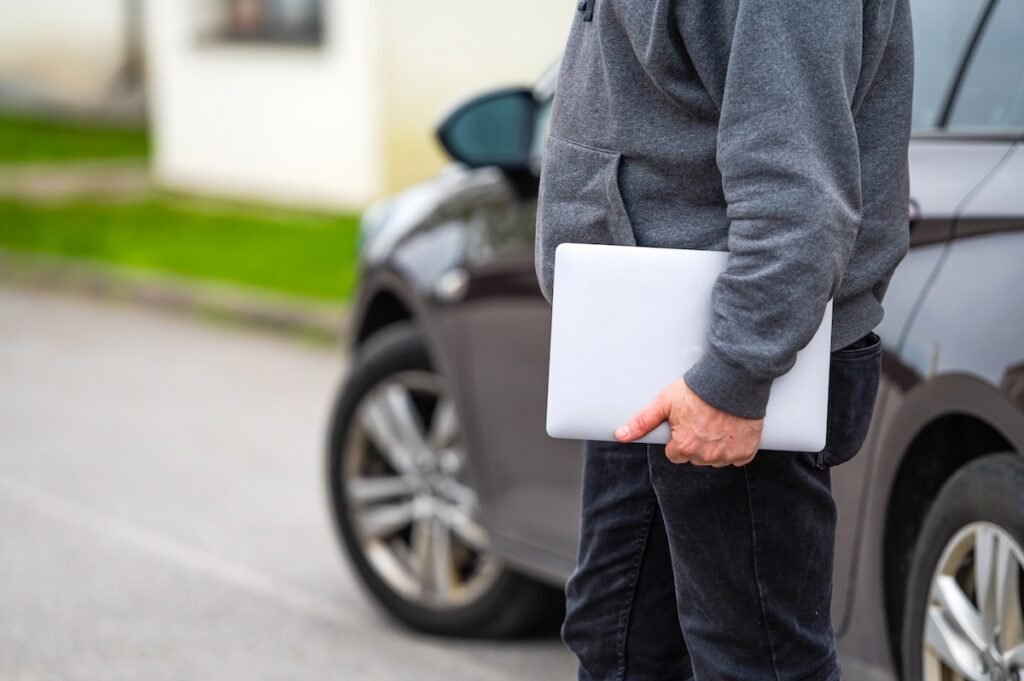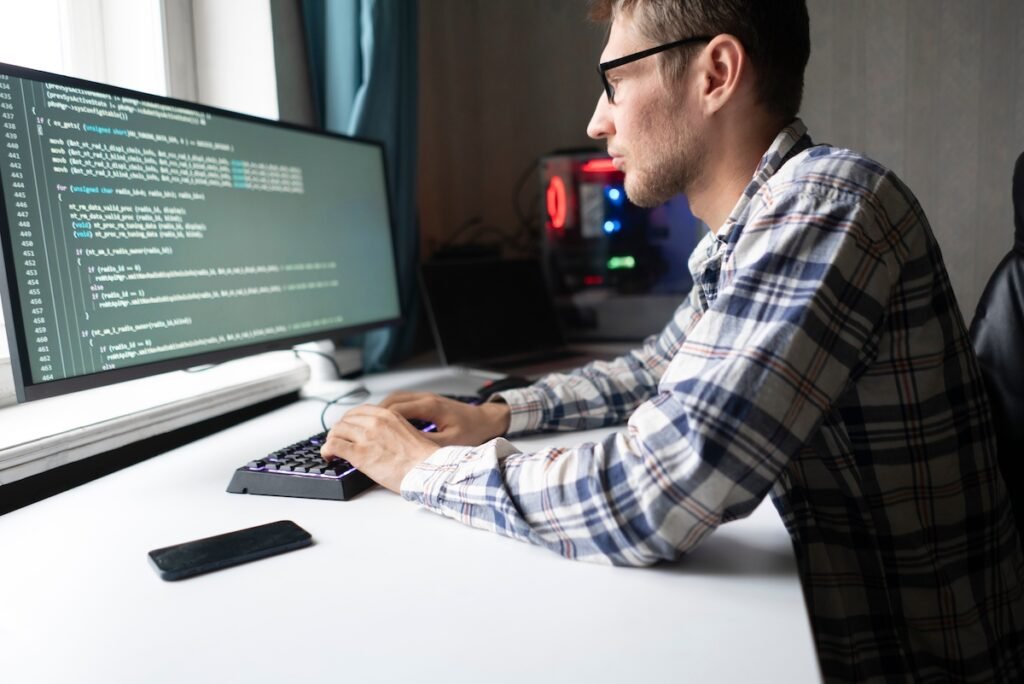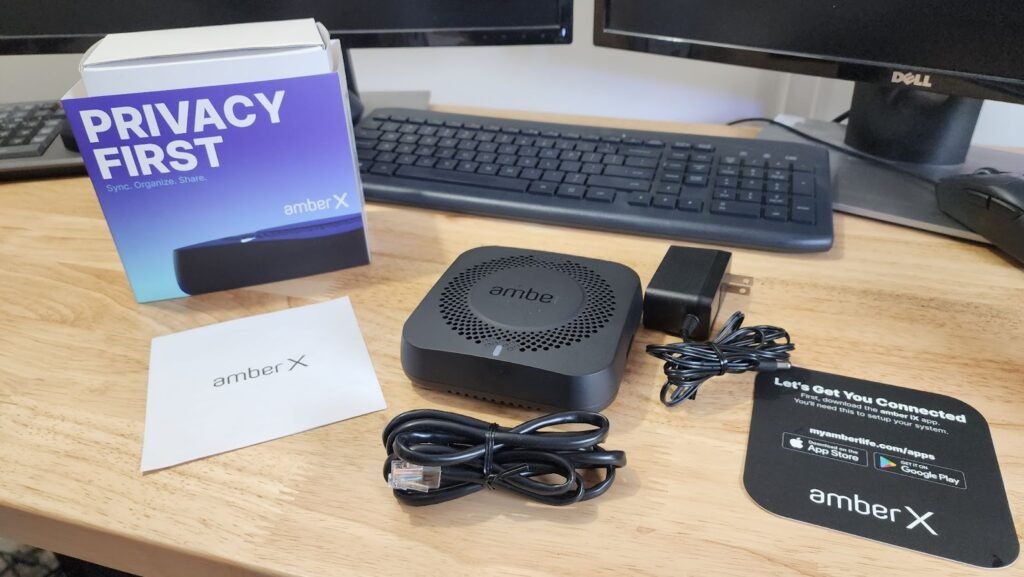There are many reasons why you might want to use a VPN. However, the most important reason is privacy. Privacy isn’t always about keeping information from those who shouldn’t have it; it’s also about keeping that information away from prying eyes even if they’re allowed to see it, like your ISP. Many ISPs claim they don’t snoop on customer browsing habits, but many of them do. We are seeing more and more ISPs compile anonymous browsing logs and sell them to marketing companies. A VPN will keep your browsing history safer and less visible to those who have no business in your business.
When you’re on the road and connecting to Wi-Fi spots at the airport or even your local coffee shop, a VPN encrypts your data and protects your connection and device if, by chance, the free Wi-Fi network is compromised. A VPN encrypts the traffic flowing to and from your connection. It’s difficult for the average user to tell whether a Wi-Fi network is what it appears to be. Just because it’s called Mcdolands_WiFi doesn’t mean the hamburger giant will be responsible for or even care if it’s a safe connection.
Many people use a VPN to pirate or bypass geographic limitations in order to see content from another region. In its most basic form, a VPN connects your PC, smartphone, or tablet to another computer (referred to as a server) located someplace on the internet, allowing you to browse the internet using that computer’s internet connection. So, if that server is in another nation, it will appear as if you are from that country, and you may be able to access things you wouldn’t ordinarily be able to. For example, when using a VPN while traveling and I wanted to watch my favorite Netflix or Hulu series, but that particular country blocks that particular content, I would still be able to view the shows despite the restrictions. A couple of years back, while traveling in Australia, I accessed Amazon, and the Wi-Fi I was on connected me directly to Amazon.com.au. When I reconnected via my VPN, I connected to Amazon.com to ensure the product I was ordering would be delivered from the Amazon distribution center closest to my home address instead of from an Amazon distribution center in Australia.
Browsing online without a VPN is never safe. Just like putting your buckle on in the car, using a VPN provides a layer of additional protection. I always use a VPN, and so should you.
My recommendation is ExpressVPN; they’re the best, at this time, with hundreds of servers worldwide and reputable customer service. They also have a 30-day money-back guarantee, so you don’t need to pay if you’re not satisfied with their services. The Batcave VPN enables me to communicate and share information as the Dark Knight online securely, as well as anonymously when using my laptop in crowded places like coffee shops and airports. Dale here, leaning in to encourage everyone to use a VPN provider

